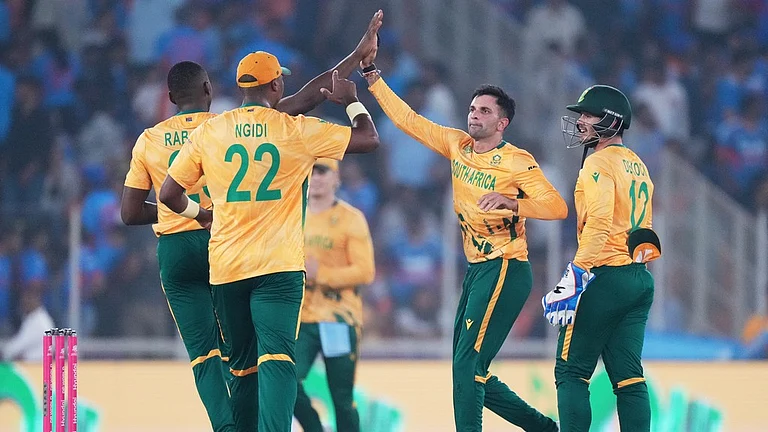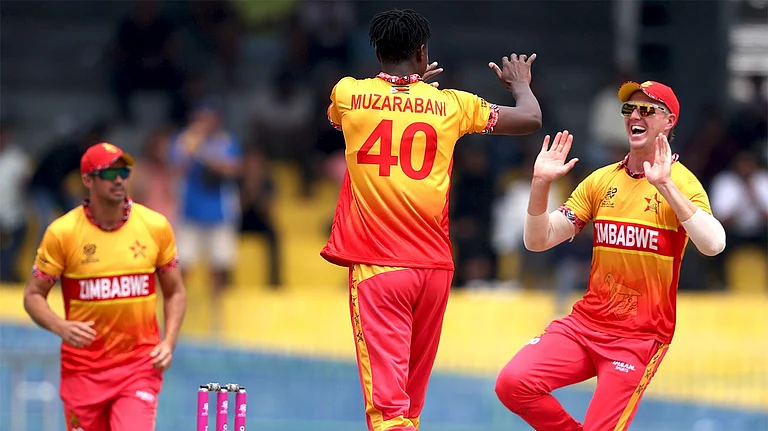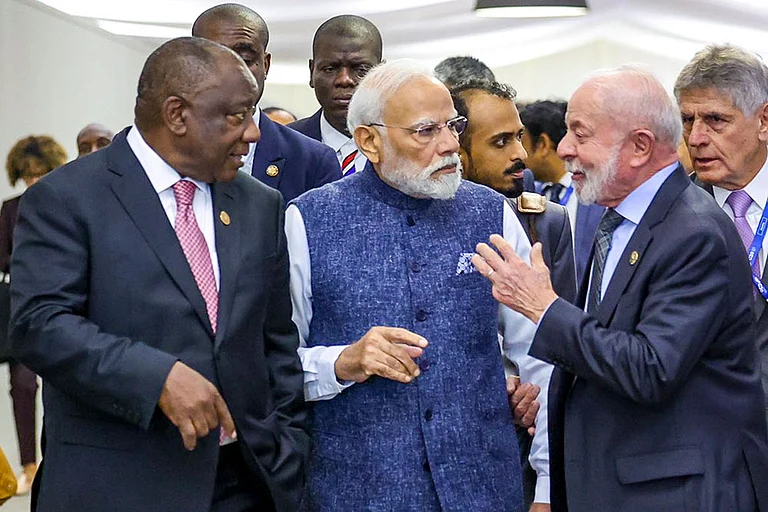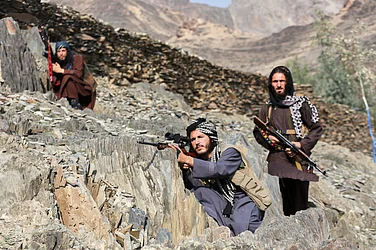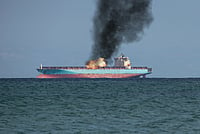
Leaders at the G20 Summit in Johannesburg on Saturday adopted a consensus Declaration at the very start of the meeting.
Lamola explained that the early approval was possible because the negotiations had been concluded before leaders arrived.
He confirmed that nearly all of South Africa’s priorities were included in the Declaration, including concerns about debt sustainability and the higher interest burden faced by countries with the same risk ratings.
Leaders at the G20 Summit in Johannesburg on Saturday adopted a consensus Declaration at the very start of the meeting, despite attempts by the United States to prevent it. The early adoption, usually reserved for the end of the summit, marked an unusual beginning to the two-day gathering.
South Africa’s Minister of International Relations and Cooperation, Ronald Lamola, told host broadcaster SABC that the move was significant, calling the Declaration “an affirmation of multilateralism.” He said, “It is a great moment for us because we believe that this will revolutionise the (African) continent.”
Lamola explained that the early approval was possible because the negotiations had been concluded before leaders arrived. “The Declaration has been negotiated and agreed upon by the Sherpas that needed to agree on (it). The various leaders who are here have been briefed by their Sherpas on what is in the Declaration, so there was nothing that stops us from putting the Declaration forward for adoption by the leaders who are in the first segment of this (two-day) meeting,” he said. He added that South Africa was “thrilled that they agreed to do it,” noting it contained “a number of revolutionary aspects for the African continent and the world.”
Responding to questions about the US attempt to block the Declaration, Lamola said the G20 could not halt its work due to one nation’s absence. “The G20 cannot be paralysed on the basis of the absence of someone who was invited. The multilateral platform must function,” he said. He added that global cooperation had been essential since the Second World War and remained vital.
Lamola said leaders attending the summit agreed that cooperation must guide the way forward. “We have to ensure that the Declaration becomes a success and the whole world is here. They have agreed that that is the way to go. It is now a platform for cooperation where all the leaders of the world are saying this is where the world must go. Cooperation is the only way. This is an affirmation of multilateralism,” he said.
He dismissed suggestions that tensions over the Declaration would damage South Africa’s relationship with the US. “This G20 is not about the US. It is about all the 21 members of the G20. We are all equal members of the G20. What it means is that we need to take a decision. Those of us who are here have decided this is where the world must go and that is what is going to happen,” he said.
Lamola said bilateral engagements with the US would continue. “With regard to our bilateral relations with the US, the Department of Trade and Industry is continuing with their engagements and we look forward to finding a positive resolution. But the reality is that the South African government has acted responsibly with regard to the US,” he added.
He stressed that South Africa would not act “recklessly from the beginning or at any stage,” recognising the US as both the world’s largest economy and South Africa’s second-largest trading partner. “So, there is no way you can deal with the economy without the US,” he said. “But there must be a point where we are able to stand firm even when we are being diplomatically correct.”
Lamola also addressed former President Donald Trump’s claims of a “genocide” of white farmers. “We have been clear that there is no genocide in South Africa. South Africa has got its challenges. Crime affects everyone,” he said.
He confirmed that nearly all of South Africa’s priorities were included in the Declaration, including concerns about debt sustainability and the higher interest burden faced by countries with the same risk ratings. But he acknowledged the negotiations were tough. “It was not a walk in the park though,” he said. “There had been some of the issues that had to be changed or amended. It’s the nature of negotiations. You end up with some and you lose some.”
With PTI inputs







